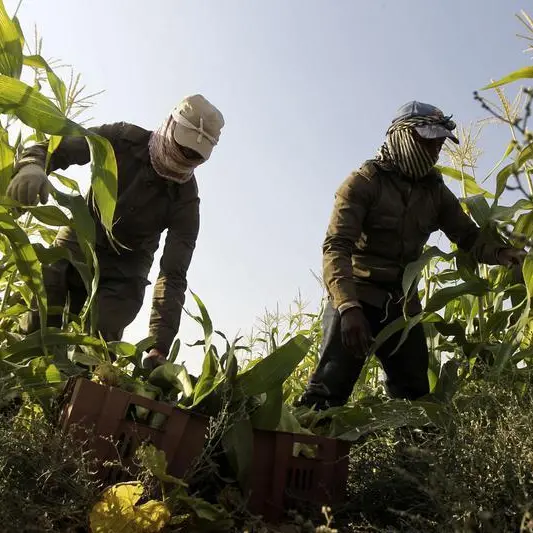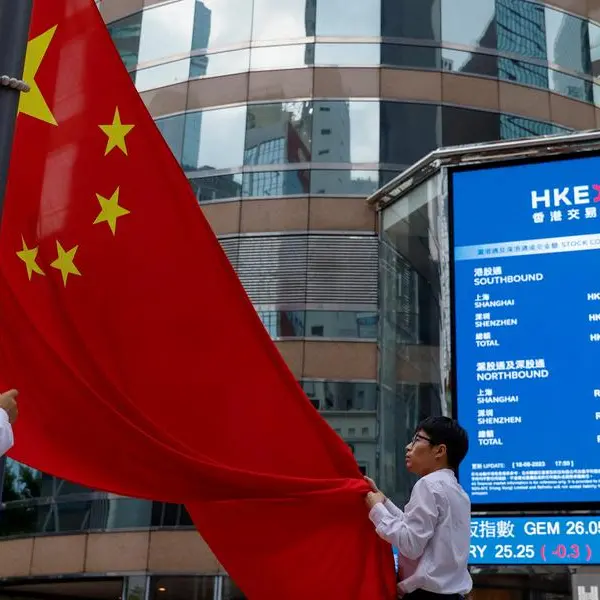PHOTO
Abu Dhabi-controlled fresh food producer Unifrutti is expanding its footprint in Latin America with two acquisitions in Peru, building on a previous purchase in the region as the firm eyes continued growth in the fruit market.
The company has reached a deal to buy both AvoAmerica Peru and Bomarea from U.S.-based Solum Partners and Alpine Fresh, it said on Saturday, following its January acquisition of Verfrut, which produces fruits in Chile and Peru.
Unifrutti, which distributes 500,000 metric tons of fresh fruits worldwide per year, has been controlled by ADQ since 2022 as the Abu Dhabi sovereign wealth fund focused on agriculture as a way to boost its financial gains and increase food resilience in the United Arab Emirates.
The newly acquired companies grow avocados and blueberries, both new markets for the company, which is a big producer of apples, grapes and cherries with plots in Chile, Italy, the Philippines and South Africa.
Oil-rich Middle Eastern countries such as Saudi Arabia and the UAE, which imports 90% of its food, have often invested in food companies overseas in a push toward food security.
Under ADQ, Unifrutti is looking to grow and Latin America seemed the right place for the "initial phase" of its plans.
"Latam is probably the world's most important region for fruit exports, in particular to the U.S., Europe and China, so it made a lot of sense for our M&A efforts to begin in Chile and Peru" Unifrutti Chief M&A and Strategy Officer Karl Stehelin de Taisne told Reuters.
Unifrutti did not disclose the size of the deals, but Stehelin De Taisne noted they point to a broader global strategy to grow in scale where the firm is already present and to fill the gaps in key products with M&As and greenfield projects.
Stehelin De Taisne emphasized Peru was the "starting point" of Unifrutti's strategy, but other countries were on the radar.
"Mexico is a very interesting producing region. We have to assess the best way to penetrate the country in terms of production and sourcing, of berries and avocados for instance," he said. "Colombia to a lesser extent for avocado, although probably more challenging."
(Reporting by Gabriel Araujo; Editing by Marguerita Choy and Diane Craft)





















